In politics it is necessary either to betray one's country or the electorate. I prefer to betray the electorate
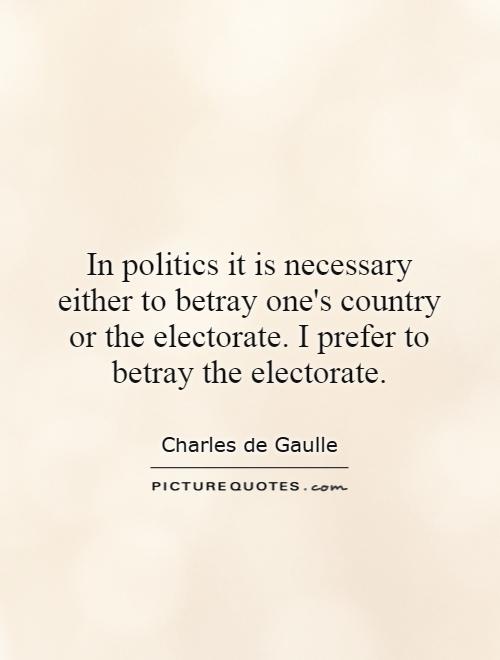
In politics it is necessary either to betray one's country or the electorate. I prefer to betray the electorate
Charles de Gaulle, the iconic French statesman and military leader, is often remembered for his strong leadership and unwavering commitment to his country. However, his famous quote, "In politics it is necessary either to betray one's country or the electorate. I prefer to betray the electorate," sheds light on his complex and controversial approach to governance.De Gaulle's statement reflects his belief that sometimes tough decisions must be made in the best interest of the nation, even if it means going against the will of the people. This philosophy was evident throughout his political career, particularly during his time as President of France from 1959 to 1969.
One of the most notable instances of de Gaulle betraying the electorate was during the Algerian War of Independence. Despite strong opposition from the French public, de Gaulle made the difficult decision to grant Algeria independence in 1962. This move was seen as a betrayal by many French citizens who believed in the importance of maintaining Algeria as part of France. However, de Gaulle believed that it was in the best interest of both France and Algeria to end the bloody conflict and allow for Algerian self-determination.
De Gaulle's willingness to go against popular opinion in order to make decisions he believed were in the best interest of the nation earned him both praise and criticism. Some saw him as a visionary leader who was willing to make tough choices for the greater good, while others viewed him as arrogant and out of touch with the will of the people.
Despite the controversy surrounding his actions, de Gaulle's legacy as a strong and decisive leader remains intact. His willingness to prioritize the needs of the nation over the desires of the electorate set him apart as a statesman who was willing to make difficult decisions in the face of adversity. Ultimately, de Gaulle's quote serves as a reminder of the complexities of politics and the difficult choices that leaders must sometimes make in order to serve their country.
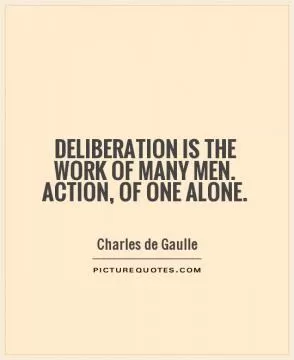
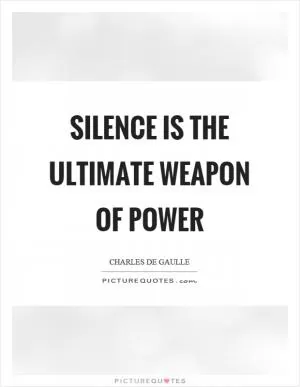
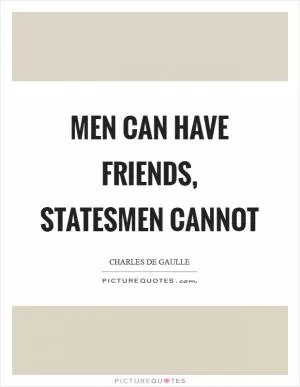
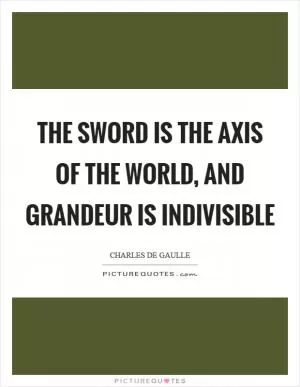
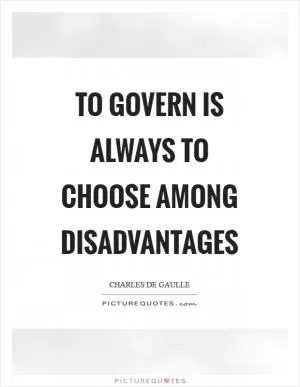
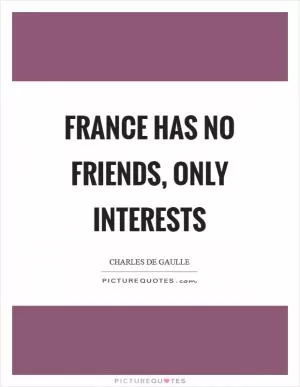
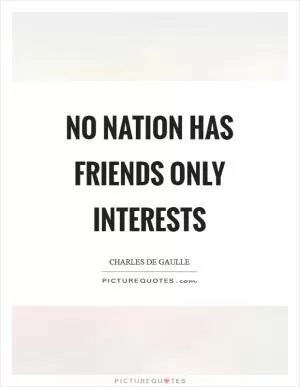
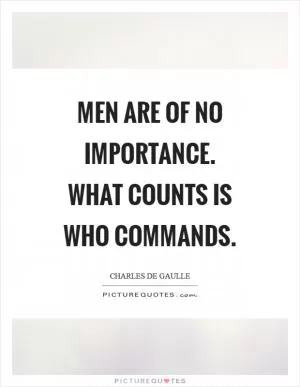
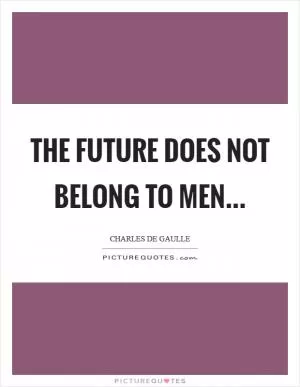

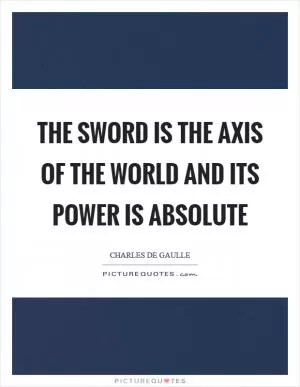
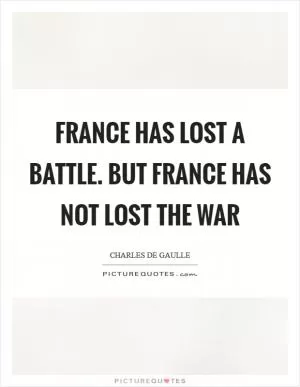
 Friendship Quotes
Friendship Quotes Love Quotes
Love Quotes Life Quotes
Life Quotes Funny Quotes
Funny Quotes Motivational Quotes
Motivational Quotes Inspirational Quotes
Inspirational Quotes